Our trusted services
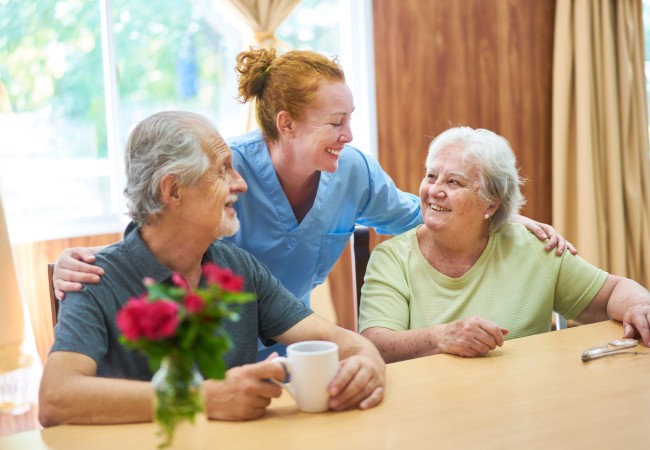
Elderly care
We provide personalised homecare services to elderly clients who may need support to live independently in the comfort of their own home.
Read more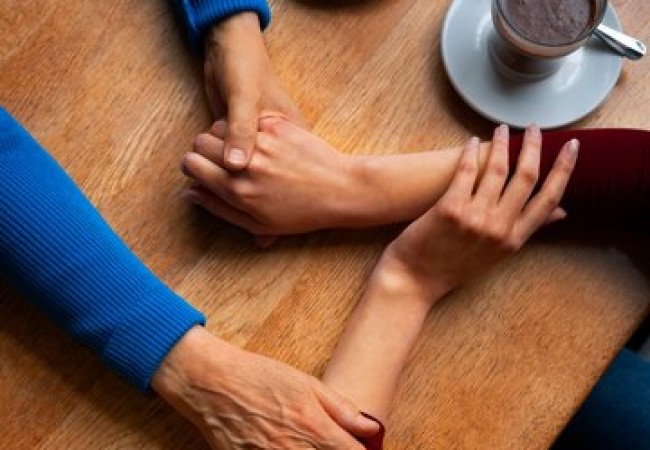
Companionship
Companionship care is offered to individuals to help them maintain their social skills, participate in social interaction,
Read more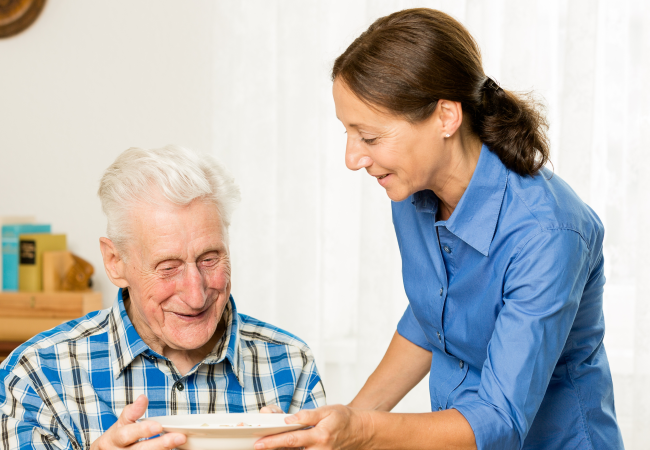
Home help
Home help refers to supportive services provided in the comfort of one's own home, offering assistance with daily tasks and activities.
Read more
Dementia care
Dementia is the loss of cognitive functioning — thinking, remembering, and reasoning — to such an extent that it interferes with a person's daily life and activities.
Read more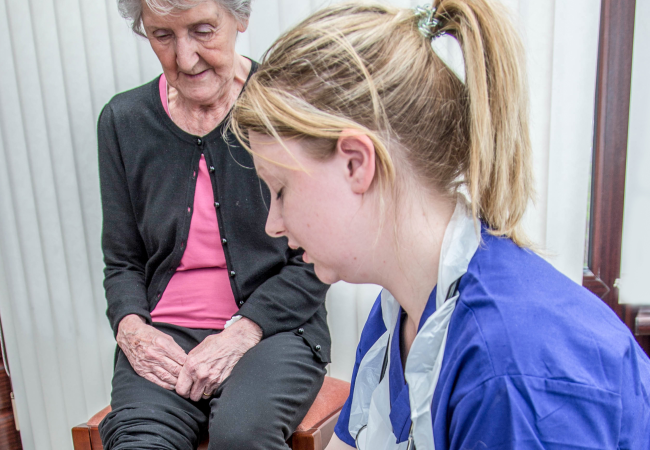
Personal care
Personal care involves physical support with daily tasks like bathing, dressing, toileting, grooming, and mobility assistance.
Read more
Complex care
Complex care refers to the comprehensive and coordinated care of individuals with complex medical conditions, disabilities, or injuries that require ongoing medical support and monitoring.
Read more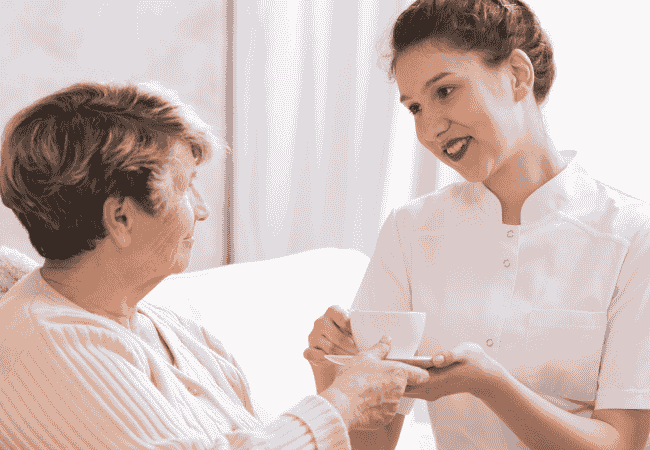
Respite care
Respite care provides temporary relief for primary caregivers, often family members caring for loved ones
Read more
Live-in care
Live-in care is when a fully trained carer comes and lives with you in your home full-time.
Read more





